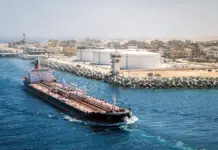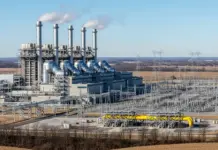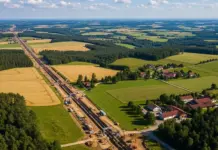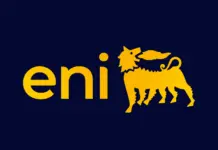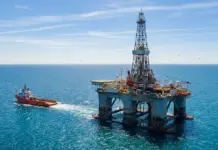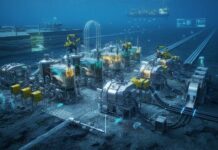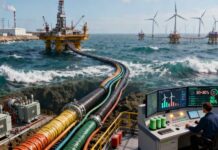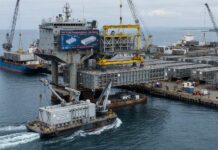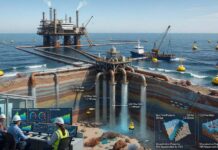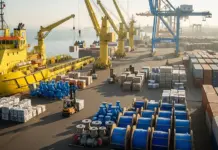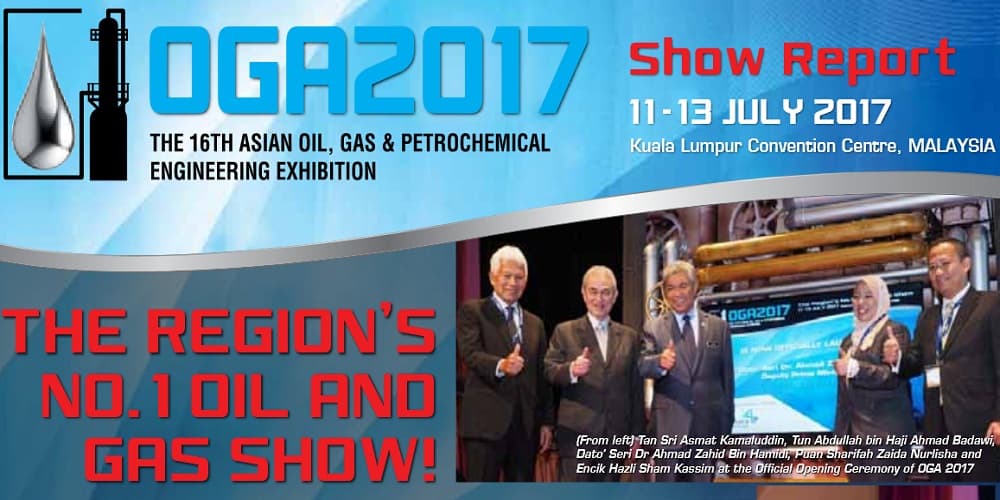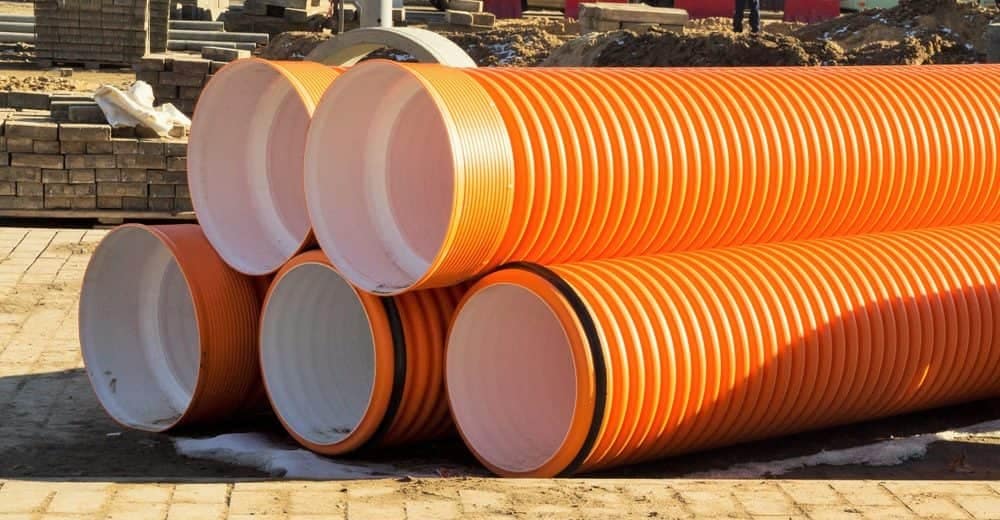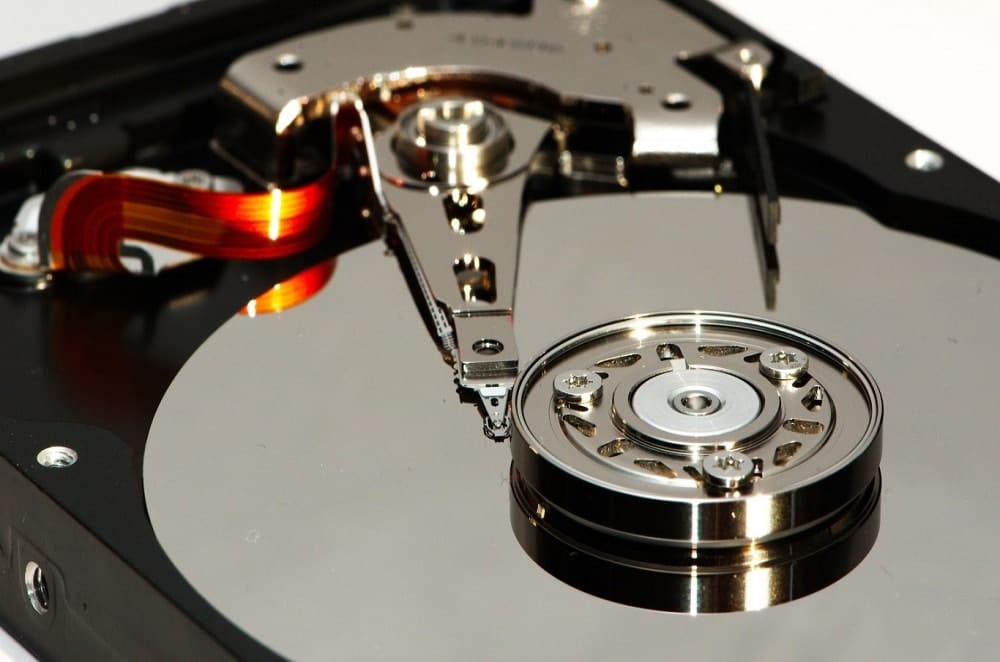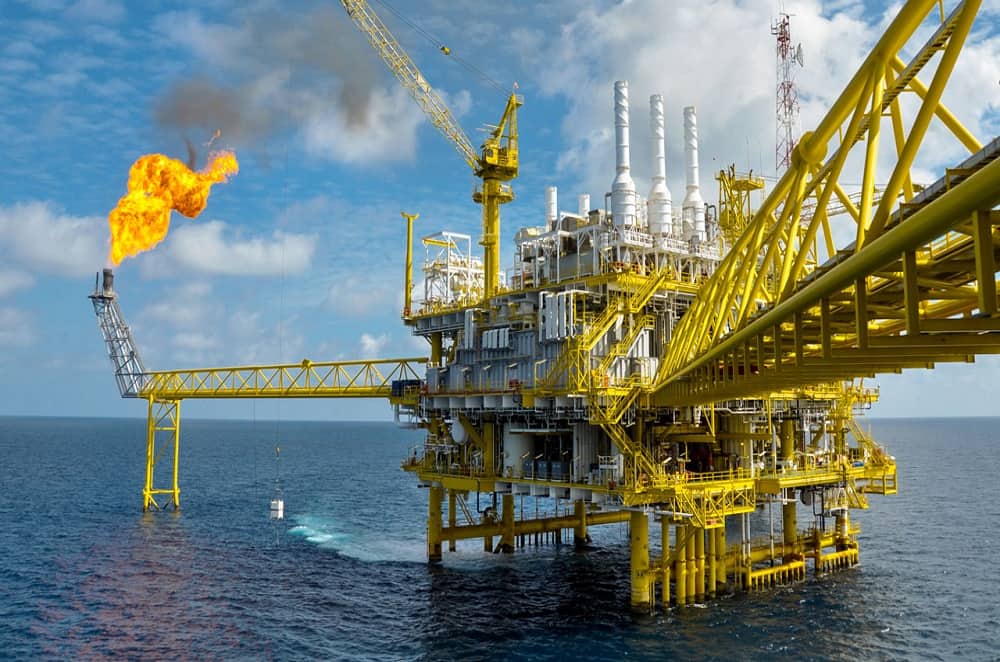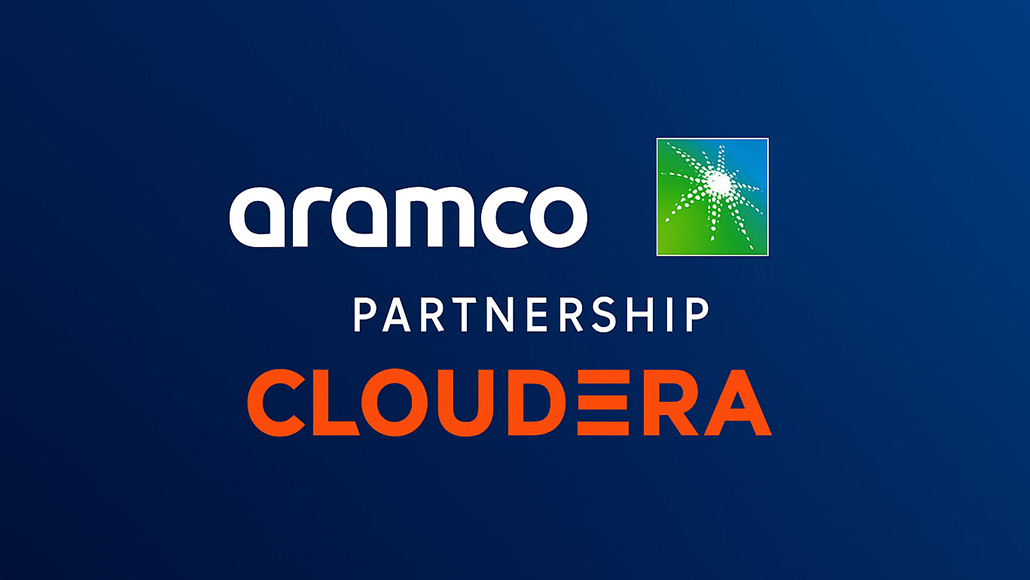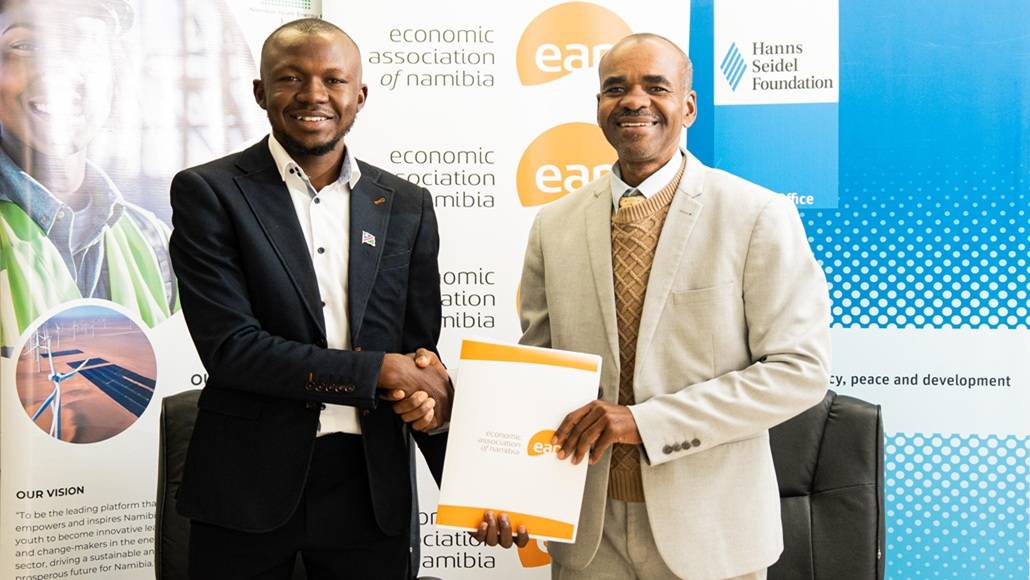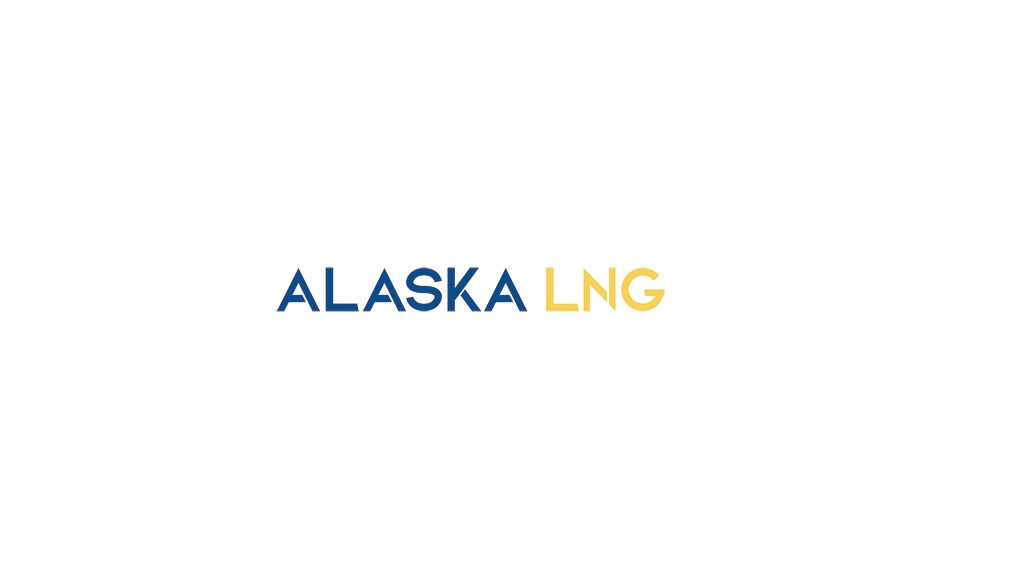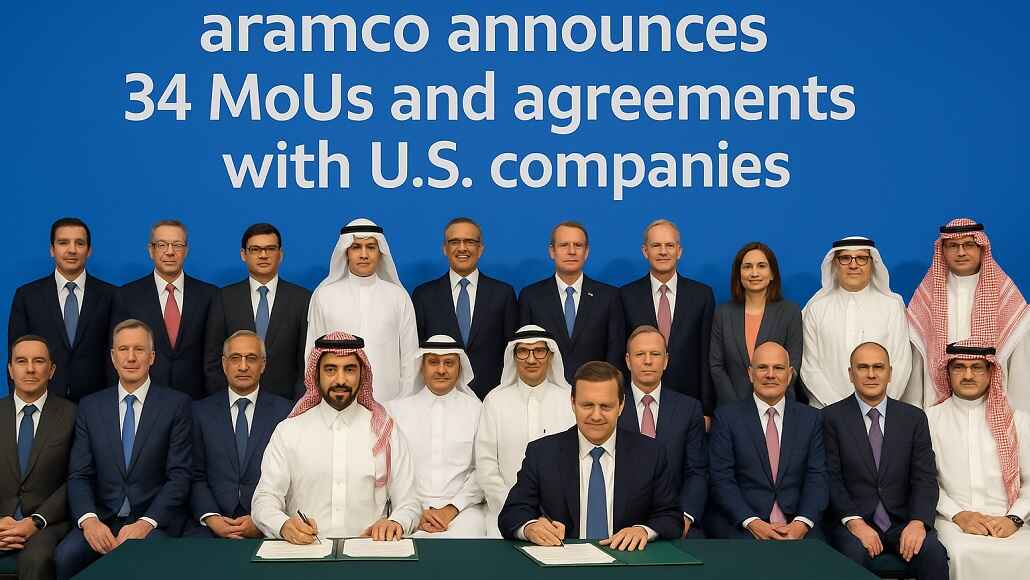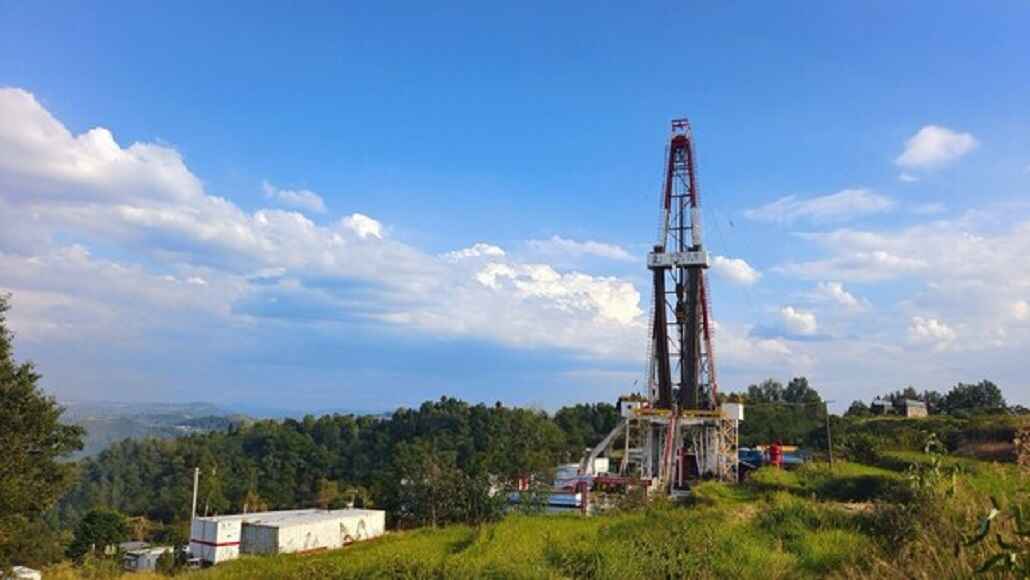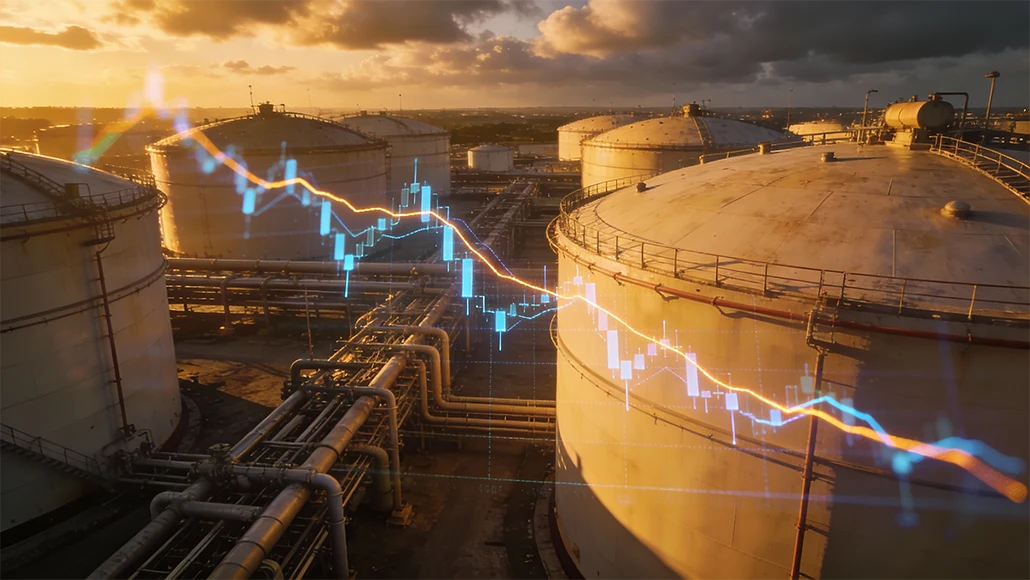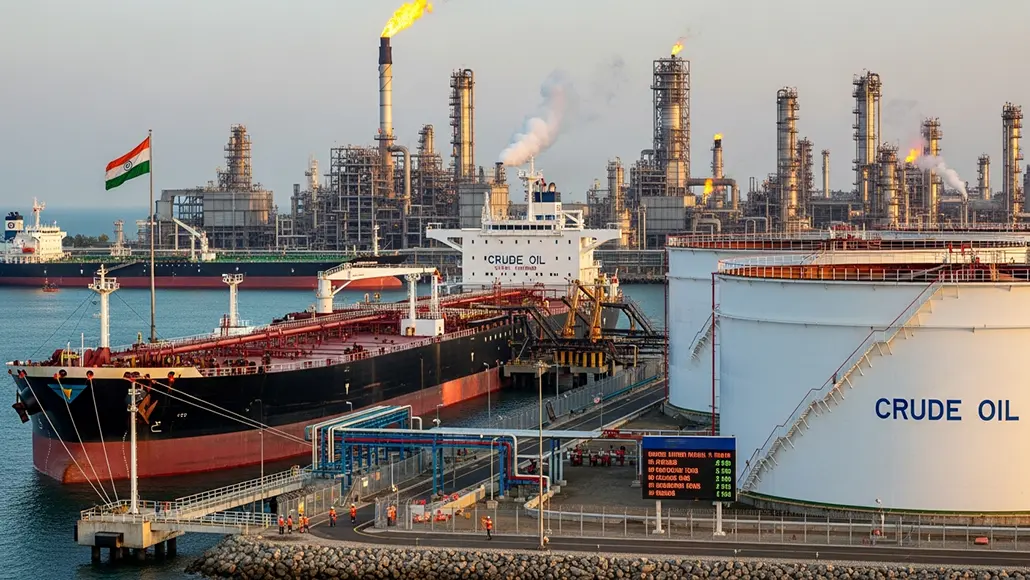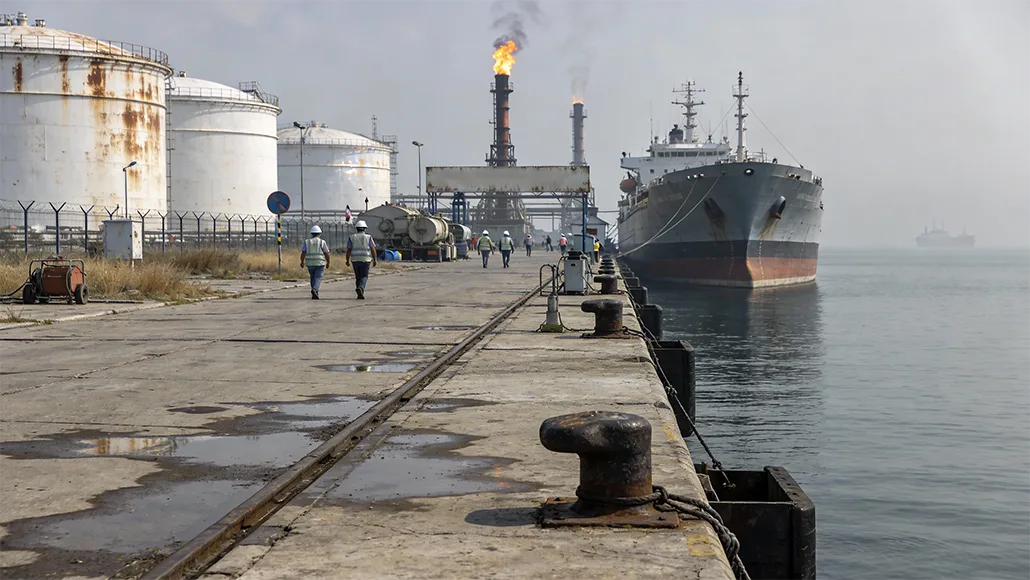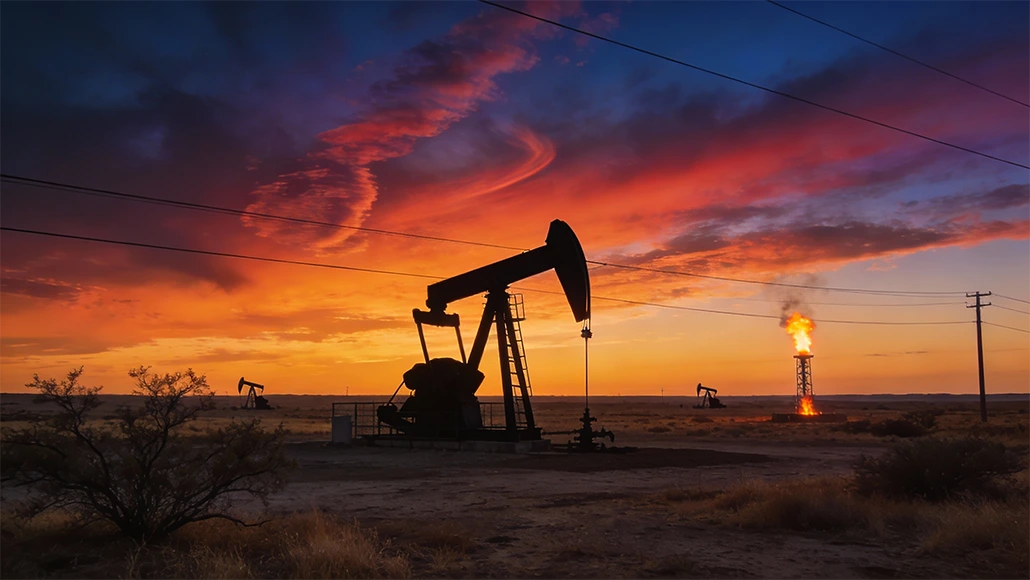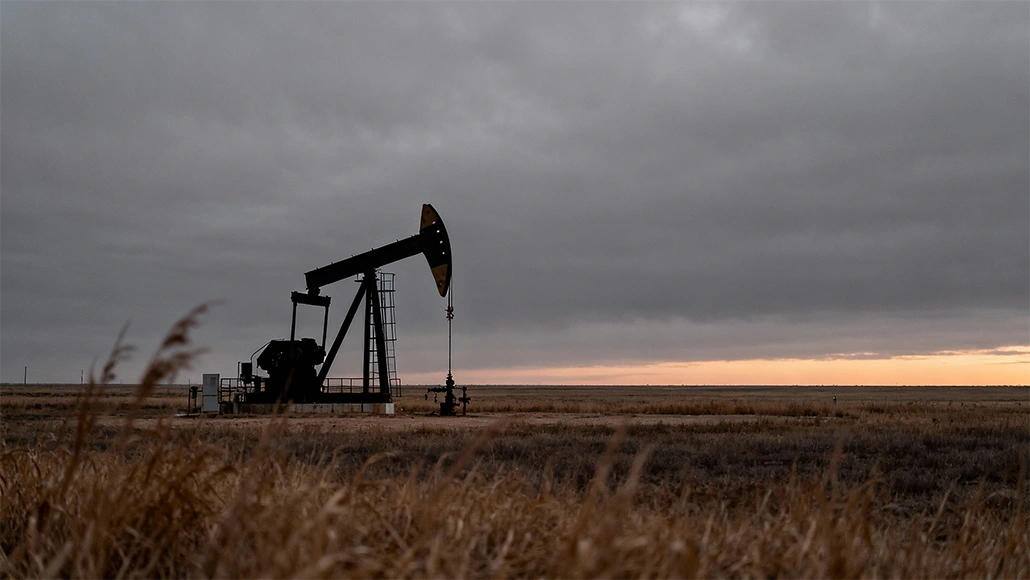The Angel Gas and Condensate Project lies 115km off Western Australia, inshore from the North Rankin and Goodwyn fields. Together they make up the three original North West Shelf fields discovered by Woodside-Burmah in 1972.
The field’s platform is about 49km east of the North Rankin A platform and about 20km north-east of the Cossack Pioneer facilities.
Woodside Energy is the overall operator of the North West Shelf venture, which has equal one-sixth partners – BHP Billiton Petroleum, BP Developments Australia, Chevron Australia, Japan Australia LNG, Shell Developments and Woodside itself. CNOOC NWS is also a member of the venture but does not have an interest in the infrastructure.
“Angel is part of the planned expansion of the NWS venture.”
Angel is part of the planned expansion of the NWS venture, which, with total gas resources of 33trn cubic feet, is Australia’s largest LNG project. Angel’s contribution is expected to be about 1.85tcf of gas and 84Mmbbls of condensate.
Development
Angel’s development consisted of drilling three subsea production wells, installing an unmanned processing platform – Woodside’s first – and exporting the gas and condensate through a new pipeline and the existing trunkline to the onshore gas plant near the town of Karratha, in the Pilbara region of Western Australia.
The subsea wells are individually connected back to the Angel platform by dedicated steel flowline and electro-hydraulic control umbilical. The subsea trees are a large-bore 7in conventional tree design, with 18in interface to both the workover riser system and wellhead.
A separate flow module on the tree has integrated choke and instrumentation.
The steel-leg platform sits in 80m of water, and the associated infrastructure includes the 49km, 30in undersea pipeline tied back to the North Rankin A platform, the original hub of the NWS project. Gas from Angel is then sent via the main Rankin trunkline to the joint venture’s LNG-domestic gas facility on the Burrup Peninsula, northwest of Karratha, underpinning supply to the existing five LNG trains at the Burrup plant.
The A$1.6bn project came on stream in October 2008 and has the capacity to flow 800 Mmcf/day of gas along with as much as 50,000bpd of condensate. The field’s production life is put at about eight years.
Contracts
The front-end engineering contract for the development of the platform was awarded to the Eos joint venture between WorleyParsons Services and Kellogg Brown & Root (KBR). The contract was for refining the engineering for the remotely-operated processing platform and subsea wells.
JP Kenny was awarded the contract for the engineering of the flowlines, export pipeline, power cable, tie-in to the existing gas trunkline, and tie-ins to the three subsea wells.
“The 7,300-ton topside was built in Batam, Indonesia, by Malaysian Marine Heavy Engineering.”
Transfield Worley carried out the engineering and the construction work associated with the modifications to the North Rankin A platform to enable the supply of power to and remote control of the Angel platform.
The Aker Kvaerner-Clough Ltd joint venture was awarded the contract for the installation of the topsides for the platform, performing all installation engineering and construction activities related to transportation and installation of the Angel topside.
The 7,300-ton topside was built in Batam, Indonesia, by Malaysian Marine Heavy Engineering. It left Malaysia in March 2008 on the Dockwise heavy transport vessel Black Marlin, which was contracted by the joint venture for the transportation and float-over installation of the Angel topside.
The topside was installed over a four-legged steel jacket, weighing 8,000 tons, which itself was transported to the Angel field by J Ray McDermott’s launch barge Intermac 650 and installed by J Ray’s derrick barge DB30.


